Democrats and Republicans can work together
Together, we can solve our nation’s most intractable problems
The divide between Democrats and Republicans concerning our welfare state boils down to two principles that are in conflict with each other. While Republicans argue that the welfare state disincentivizes work and creates a class of people who take advantage of the system, Democrats contend that our society should provide for people who are in unfortunate circumstances through no fault of their own. The difference between these two positions has driven our debates about whether government should be involved in social welfare. For Republicans, since welfare convinces people that they should not work, then government should get out of the business of providing welfare. But for Democrats, since some people are not at fault for their poverty, then government should help them. This divide has paralyzed our politics, leading to our inability to arrive at concrete solutions to our failing welfare system and burgeoning federal deficits.
But there is a way to reconcile these two positions if we grant that they are both valuable. The difficulty lies in making the determination about who needs tough love and who needs compassion. Unfortunately, a government bureaucracy is not very good at making this judgment. Because government rules are blind to individual circumstances, the rules that have been set up to help the needy can be easily exploited by the undeserving.
The solution to this problem is to accept the validity of both the Democratic and Republican perspectives and to craft a solution that addresses them both. This is the goal of my plan to phase out our current system of welfare and entitlements to replace them with a universal basic income of $16,000 per year for all citizens 21 and older. The key here is that the basic income is universal, meaning that everyone receives it, regardless of whether or not they are working. Such a system does not reward people for not working. Indeed, the biggest beneficiaries of the plan would be the millions of people who earn a modest income and pay taxes but do not receive any benefits from the current system. They would suddenly see an immediate increase of $16,000 per year per person in disposable income.
Such a new system would give up on the hopeless task of having a government agency make a judgment about who is needy and who is not. At the same time, such a system provides direct help to those who are in need because everyone would receive the universal basic income, regardless of circumstances. There are of course situations in which people face personal situations in which they need and deserve extra support. But if everyone is receiving the universal basic income, then everyone has the extra means to help friends, family, and neighbors. While $16,000 per year may not be adequate to cover the needs of an individual, two or three people who pool their resources would have an excellent foundation for meeting their needs and building a household community. Such voluntary and mutual aid would be the best way for people in need to receive help that is tailored to their circumstances, while also establishing the basis for lasting personal bonds.
Please join me in imagining a new future for all Americans, in which we can work together across party lines to solve our nation’s problems.
Check my website at DavidPanforCongress.com to volunteer with my campaign and make a donation. Even a $5 donation will make a difference. It would pay for a yard sign or 50 flyers.
